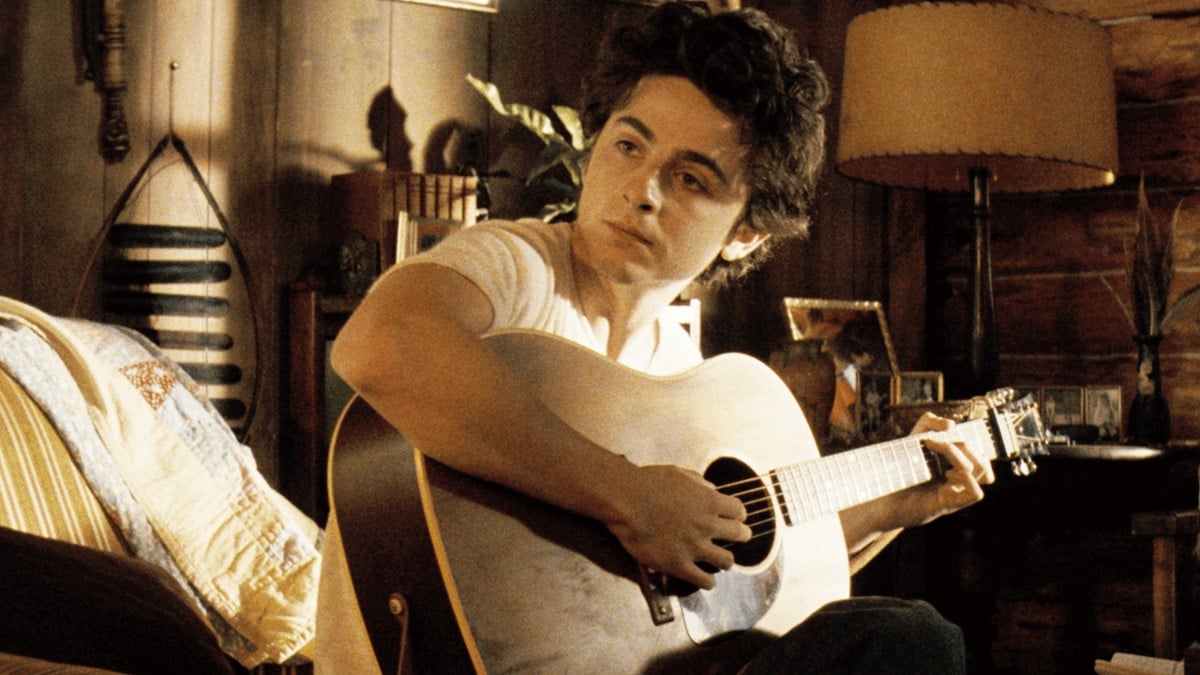The MTV Movie & TV Awards (previously known as the MTV Movie Awards) underwent a bunch of changes this year. One of those, perhaps obvious from the name change, was the inclusion of television shows in the nominee lists. The other was the use of gender-inclusive categories for nominating performers. Instead of handing out awards like Best Female Performance and Best Male Performance, the MTV Movie & TV Awards will assign winners in gender-neutral categories like Best Comedic Performance, Best Actor in a Movie, and Best Villain.
Speaking to The Hollywood Reporter about these changes, MTV, VH1 and Logo general manager Amy Doyle said, “Great acting is great acting no matter what the gender or non-gender…It really was a cultural statement. And it really is reflective about the audience’s views, and when you look at the culture as a whole, you had a man against a woman running for president [last year]. It just felt like a dated construct for a category.”
While I agree with Doyle that the greatness of a performance has nothing to do with an actor’s gender, these different categories exist for a reason – and that reason is Hollywood’s sexism. Historically, prestigious awards like the Oscars have the Best Actress category because the predominantly white, predominantly male Academy has certain…shall we say, preferences. As we’ve seen in recent years, they don’t like to nominate women in categories where they are not explicitly required to. From directors to screenwriters to cinematographers, the Oscar nominees are overwhelmingly male. Without categories specifically dedicated to the accomplishments of women, the members of the Academy are unlikely to nominate them at all. (And let’s not even get started about their attitudes toward creatives of color.)
MTV’s nominating situation is admittedly a bit different, so it leaves them freer to adopt categories like these. Nominees for the MTV Movie & TV Awards are selected by a committee of executives and producers at MTV, rather than an uncontrollable voting body. From there, the general public votes for their favorites to select the winners. In a system like this, it’s therefore theoretically easier to ensure that men and women actors are at least nominated in equal proportion. (Once Hollywood actually casts some more non-binary and genderfluid actors, we’ll also be able to see them represented in big, mainstream-movie-centric awards like this.)
And for this year, at least, it’s clear that MTV was conscious of the gender ratio in their newly integrated categories. Three women and three men were nominated for Best Actor in a Movie; four women and two men (misandry!) were nominated for Best Actor in a TV Show.
However, in categories that have always been gender-neutral, such as comedic performance, MTV showed some lazy, systemic sexism. Of the six nominees for Best Comedic Performance, only one went to women – and they had to split it. The nominees were Will Arnett, Adam DeVine, Lil Rey Howery, Seth Rogen*, Seth MacFarlane, and then…Ilana Glazer and Abbi Jacobson, jointly. Which, yay! I love Broad City, and I’m happy these two are being recognized. It’s cool that MTV didn’t try to split the vote between them.
However, the fact that this category is so overwhelmingly male plays into stereotypes about women, and the perennial, stupid question of whether women can be funny. Plus – while I acknowledge that MTV is entitled to their opinion – the idea that they couldn’t find a single woman who was funnier than Seth MacFarlane this year is, to me, a joke.
Obviously, with categories like Best Kiss, the MTV Movie & TV Awards aren’t as prestigious or high-stakes as the Oscars. These awards won’t make or break any deserving independent films. So I’m not going to get too worked up about this, but it’s a worrying sign of what might happen in the other categories, once MTV gets too used to having gender-neutral designations. And it’s a worrying sign of what might happen should a bigger event like the Oscars ever try something similar.
And yet, leaving the categories as is does suggest some sort of inherent difference between men and women performers. That suggestion is a weird and uncomfortable one, and it’s one that’s not applied in other categories like director or screenwriter. Most importantly, it leaves no room for non-binary or genderfluid actors to receive recognition for their work without denying who they are.
I’ll admit I don’t have an easy answer for this. I think it’s hard to get rid of gender-specific awards without first getting rid of the sexism that made them necessary to begin with. But I also think it’s pretty garbage to leave non-binary and genderfluid actors out of the equation. In a controlled nominating environment like MTV’s, gender-neutral categories are an easy yes for me – as long as we keep the pressure on for MTV to not do what they did with Best Comedic Performance. But for awards like the Oscars, I think the question is trickier.
But what are your thoughts on this?
* Rogen was included in the press release MTV sent to other outlets, but on their own site he was not listed. I’m not sure where the error was – in the initial press release or their post – but since every other category has six nominees, I’ve included him here to be safe.
(Via The Hollywood Reporter and MTV.com; image via)
Want more stories like this? Become a subscriber and support the site!
—The Mary Sue has a strict comment policy that forbids, but is not limited to, personal insults toward anyone, hate speech, and trolling.—









Published: May 6, 2017 12:30 pm